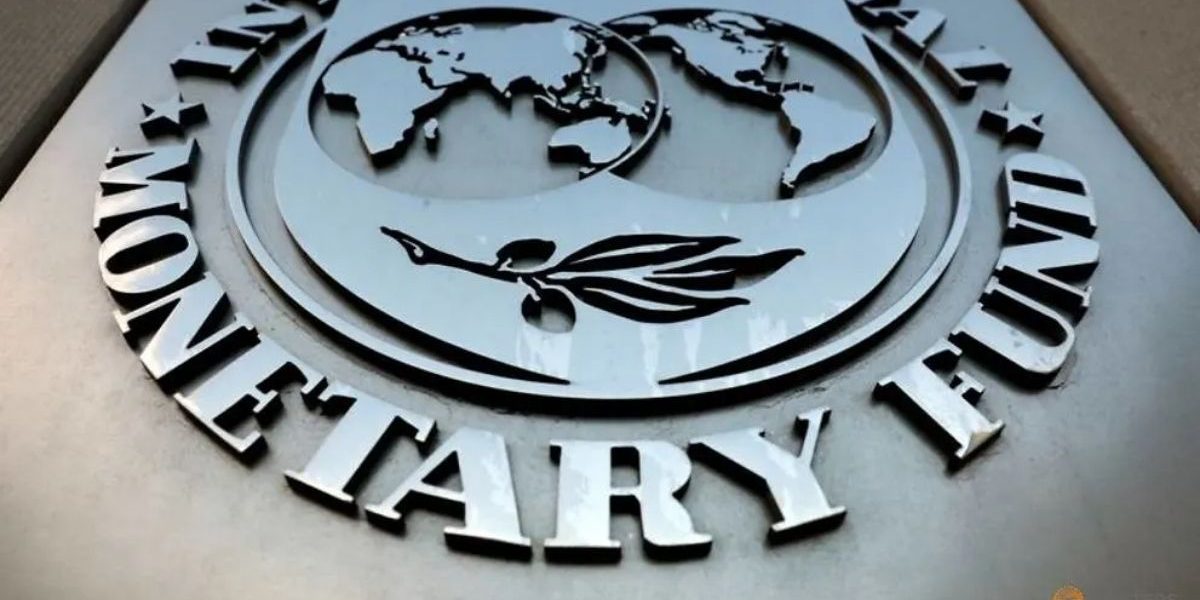Pandemic strengthened top firms, have become more dominant: IMF research

WASHINGTON – In a new research paper, the International Monetary Fund said on Monday that the coronavirus pandemic has considerably strengthened the power of dominant firms in the market. This may drag on medium-term growth and suppress innovation and investment.
According to an IMF study, the concentration of revenues among the four biggest players in a sector along key indicators of market power is on the rise. Partially, this was due to the increased bankruptcies as the pandemic caused the competition to fall away.
In a blog post accompanying the paper IMF Managing Director Kristalina Georgieva said, “Due to the pandemic, we estimate that this concentration could now increase in advanced economies by at least as much as it did in the 15 years to end of 2015.”
“Even in those industries that benefited from the crisis, such as the digital sector, dominant players are among the biggest winners.”
Though the report did not name any firm specifically, it singled out the most dramatic concentration in market power was seen in the technology sector with price markups increasing at twice the rate as economy-wide markups over the past 20 years.
The market-disrupting companies that displaced incumbent firms two decades ago have become increasingly dominant players that do not face the same competitive pressures from would-be disruptors today, the study said.
The IMF said with the rise of artificial intelligence and pricing models based on data instead of monetary payments is creating difficulties for regulators and further concentrating the market power.
Regulators need to make sure that more than one platform is used by consumers, citing “a risk that platforms with substantial market power can abuse their dominant position, harming users on one or both sides of the market as well as potential innovative entrants,” it said.
Merging and acquisition activity was a driving factor for the concentration of market power. The IMF suggested that national competition authorities be increasingly watchful when enforcing merger control.
The IMF said evaluations of merger decisions from the past also could contribute to more effective enforcement of competition rules. It recommended that “no-poaching” agreements among top firms be prohibited.



